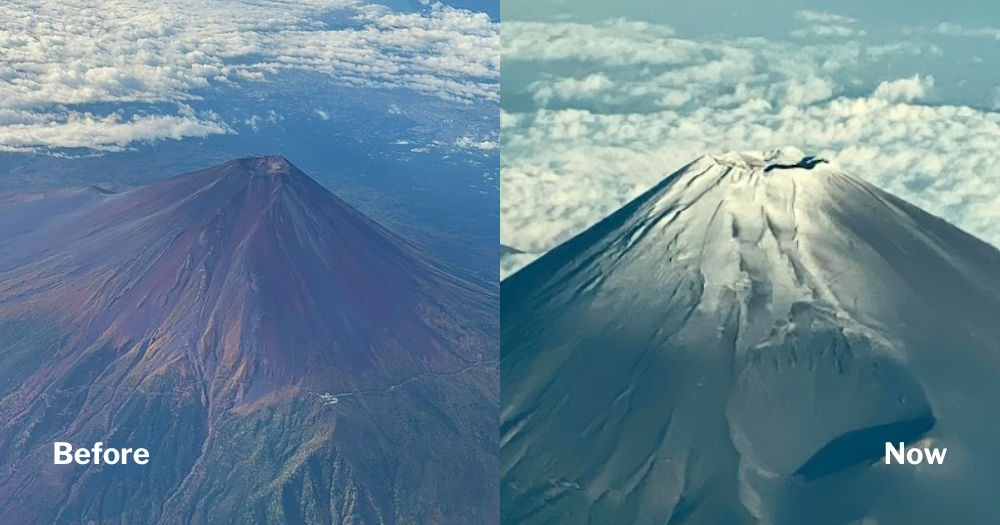Red or Blue? The states deciding the 2024 US presidential election: North Carolina
Who will the Tar Heel State's 16 Electoral Votes go to?

The U.S. election is coming up, with voters in all 50 states deciding who to elect as the next president.
But most states are considered "safe", either solidly Republican or Democratic, and both Kamala Harris and Donald Trump have not spent time or money trying to persuade the voters there.
Instead, both candidates are gunning for the main prize — seven "swing" states that will determine the election and the presidency.
North Carolina early history
North Carolina was one of the original Thirteen Colonies united in driving out the British in the American Revolution.
It was famous for its tobacco and cotton plantations, and sided with the secessionists during the American Civil War.
After the war, North Carolina rebuilt — eventually becoming known for its cotton mills. The town of Kitty Hawk in North Carolina was the site of the first sustained, heavier-than-air flight when the Wright Brothers flew their plane in 1903.
In the late 20th century, North Carolina became known for the "Research Triangle", with three well-known universities (North Carolina State, Duke University and University of North Carolina) fuelling higher education and job growth.
North Carolina in politics
For many years after the Civil War, North Carolina was largely controlled by the Democratic Party and considered part of the "Solid South" states.
After President Lyndon Johnson passed the Civil Rights Act in 1964 and the Voting Rights Act in 1965, ensuring African Americans could vote, North Carolina, along with the other Southern states, went back to the Republican party and helped propel Richard Nixon to power.
Aside from backing Jimmy Carter in 1976, North Carolina was a reliably Republican state until 2008, when Barack Obama won it.
However, North Carolina has always voted Republican since then, voting for Romney and then Donald Trump twice.
The 2024 election
North Carolina has represented something of a tantalising target for the Democratic Party, but it's keeping itself just out of reach.
If only Barack Obama hadn't won it over in 2008, since the 1970s, it would be a solid Republican state. And yet, Kamala Harris's team hopes for victory.
North Carolina's research triangle attracts a big number of college students and highly educated workers — both traditionally Democratic-leaning. But it is also a very rural state with many social conservatives — favouring the Republicans.
The Mark Robinson controversy
The Democrats also hope that an exciting governor's race could provide Harris with some favourable momentum.
In 2024, North Carolinians will also vote to elect the state's governor (similar to a chief minister in Malaysia).
Republican candidate Mark Robinson faced a number of embarrassing scandals, including allegedly being an active member of a message board called "Nude Africa", where he shared his thoughts on slavery, the Nazis and adultery.
Robinson denied those claims and denied that he had ever been a member of the website.
The controversy has led to a sizeable lead for Robinson's Democratic opponent, Josh Stein.
But due to the prevalence of "ticket splitters", voters who would vote for both Trump and Stein, for example, Robinson's meltdown may not necessarily lead to Harris's advantage.
Hurricane Helene
Another major event occurred in North Carolina, just weeks out from the election. In Oct. 2024, Hurricane Helene hit the east coast of the U.S. hard.
Flooding and other incidents led to the deaths of at least 96 people and caused an estimated US$53 billion (S$70 billion) in damages, according to current governor Roy Cooper.
The damage has upended the voting process, with temporary voting centres popping up.
But with substantial disruption to cities like Asheville in western North Carolina, which is a Democratic stronghold, and other rural areas, there are concerns as to how the final vote would be affected.
Related stories:
Top image via Canva, Kamala Harris and Donald Trump's Facebook pages and John T Daniels via Library of Congress/Wikimedia Commons.
MORE STORIES




















